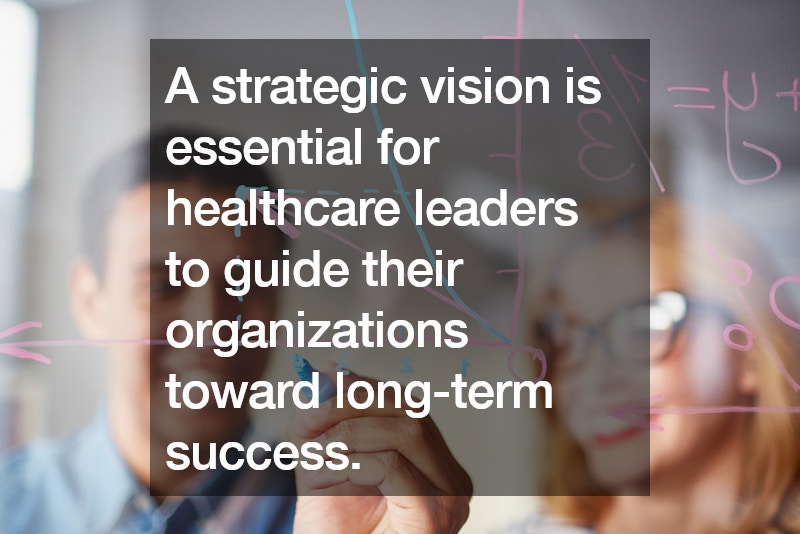Insights Into Healthcare Leadership


Healthcare leadership is a dynamic and challenging field requiring a unique set of skills and qualities to navigate the complexities of the healthcare system effectively. With the evolving landscape of healthcare, professionals aspiring to leadership roles must be equipped with the right knowledge and competencies. Healthcare leadership programs play a crucial role in developing these capabilities. Here are some key insights into healthcare leadership and the importance of specialized programs.
Understanding the Healthcare Ecosystem
Effective healthcare leaders must have a deep understanding of the healthcare ecosystem, including the regulatory environment, patient care standards, and the financial aspects of healthcare management. This knowledge enables leaders to make informed decisions that align with industry regulations and improve patient outcomes. Healthcare leadership programs provide comprehensive training on these critical aspects, ensuring that leaders are well-prepared to handle the complexities of the healthcare system.
Developing Strategic Vision
A strategic vision is essential for healthcare leaders to guide their organizations toward long-term success. This involves setting clear goals, anticipating future challenges, and leveraging opportunities to enhance healthcare delivery. Healthcare leadership programs focus on strategic planning and vision-setting, helping leaders develop the ability to think critically and plan for the future. These programs often include case studies and real-world scenarios to practice strategic decision-making.
Enhancing Communication Skills
Communication is a cornerstone of effective leadership. Healthcare leaders must communicate clearly and persuasively with a diverse range of stakeholders, including medical staff, patients, regulatory bodies, and the public. Strong communication skills are essential for building trust, fostering collaboration, and driving organizational change. Healthcare leadership programs emphasize the development of communication skills, including public speaking, negotiation, and conflict resolution.
Embracing Innovation and Technology
The healthcare industry is rapidly evolving with advancements in technology and innovative care models. Leaders in healthcare must be open to adopting new technologies and innovative practices to stay competitive and improve patient care. Healthcare leadership programs often include training on the latest technological trends, data analytics, and innovative healthcare solutions. This knowledge equips leaders to implement cutting-edge technologies and drive innovation within their organizations.
Fostering a Culture of Continuous Improvement
Healthcare leaders must cultivate a culture of continuous improvement to enhance the quality of care and operational efficiency. This involves encouraging staff to seek out and implement best practices, promoting ongoing education and training, and measuring performance to identify areas for improvement. Healthcare leadership programs teach the principles of quality improvement and performance management, enabling leaders to foster an environment of excellence.
.
